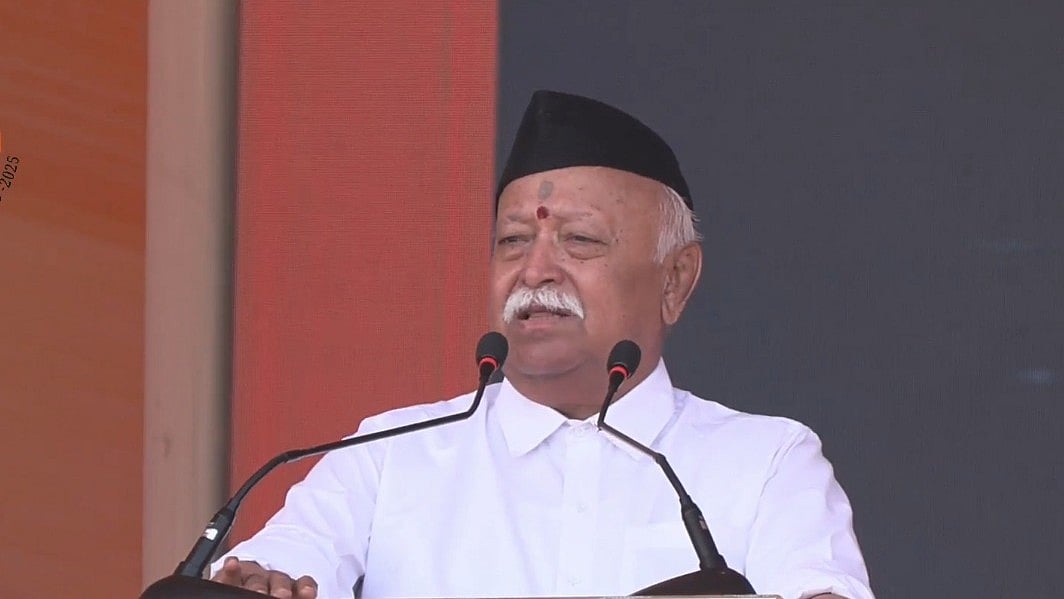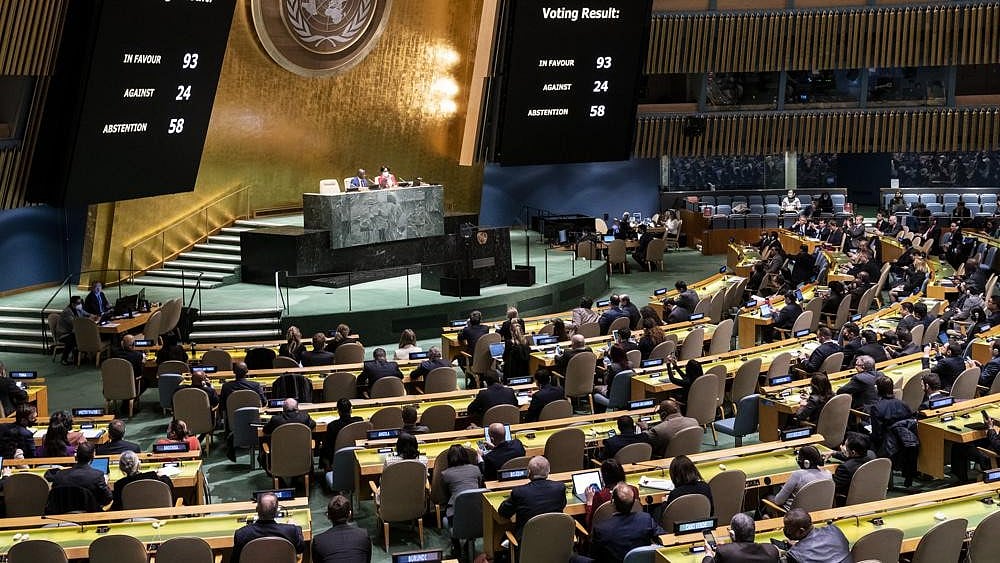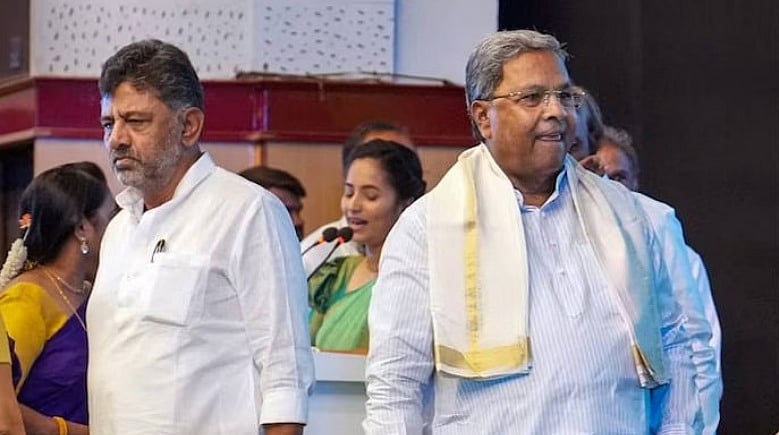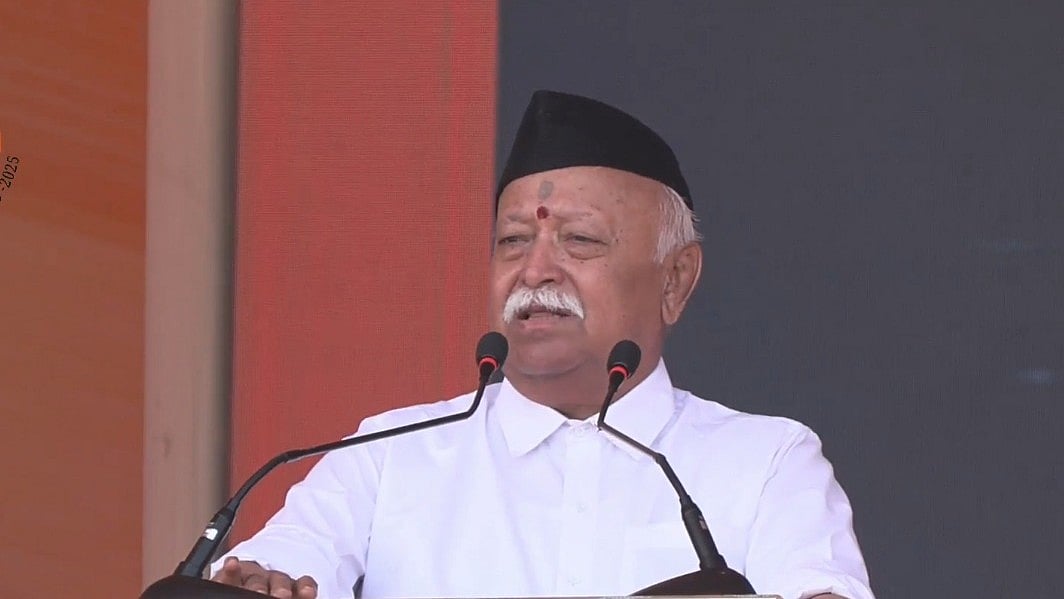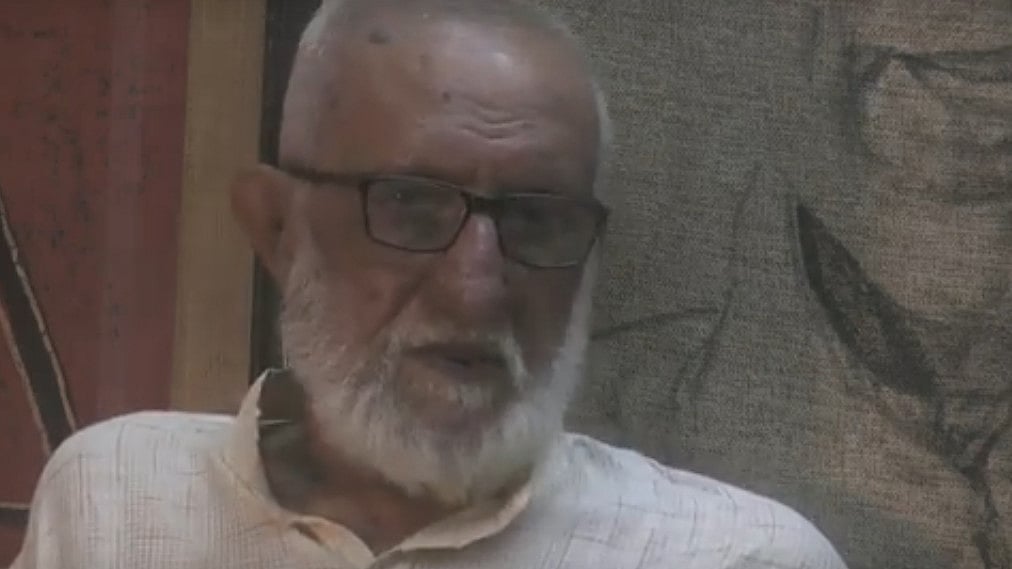At Reshimbagh on Vijayadashami this year, Rashtriya Swayamsevak Sangh (RSS) chief Mohan Bhagwat offered a speech that was at once pastoral and pointed — a blend of cultural sermon, ecological warning and thinly veiled political counsel.
Delivered against the backdrop of the Sangh’s centenary celebrations, the address sought to define a public purpose for the RSS that reaches beyond ritual salutes and drill-ground discipline: protection of faith and social cohesion, insistence on self-reliance, alarm at ecological fragility, and a sober warning about internal and external forces that seek to destabilise the nation.
Eight Takeaways
Takeaway One: Emphasis on Unity in Diversity
By urging respect for all faiths and icons, Bhagwat reinforced India’s strength in pluralism and mutual tolerance, offering a conciliatory note in polarised times.
Takeaway Two: Call for Democratic Transformation
His insistence that social and political change must come through democratic means, not unrest, strengthens constitutional norms and the rule of law.
Takeaway Three: Recognition of Security Challenges;
Acknowledging threats both internal and external, while praising the armed forces, conveyed confidence in India’s ability to defend itself.
Takeaway Four: Push for Self-Reliance
The stress on aatmanirbharta encourages economic independence and resilience amid global uncertainties.
Takeaway Five: Environmental Awareness
By highlighting Himalayan fragility, Bhagwat put ecological stewardship at the centre of civic responsibility.
Takeaway Six: Moral Appeal for Restraint
His caution against provocation serves as a civic lesson in peaceful coexistence and responsibility.
Takeaway Seven: Civilisational Confidence
Projecting India’s heritage as a guide to modern challenges instills national pride without arrogance.
Takeaway Eight: RSS as Custodian of Social Harmony
By positioning the organisation as a guardian of civic balance, Bhagwat expanded its role in trust-building and stability.
Security and Civic Order
Bhagwat’s rhetoric was tethered to concrete events. He praised the armed forces’ response to the Pahalgam attack and used the episode to underscore unity and decisive state action in the face of violence. At the same time, he warned of “forces” — both inside and outside India — that might try to provoke unrest, urging democratic methods for transformation rather than extra-constitutional change. Those lines were not accidental: they situated the RSS as both sentinel and arbiter of civic order in a moment of regional instability.
Economic Self-Reliance and Global Context
Intertwined with these security anxieties was a sustained appeal for economic and strategic self-reliance. Bhagwat invoked the international context — pointing to tariff politics and the limits of dependency — to press for a domestic model that privileges resilience over rapid, unfiltered integration with global markets.
The message was twofold: patriotic thrift and a pragmatic warning to policymakers that dependence, even with friends, is not a neutral condition. This nudge toward aatmanirbharta reframes a long-standing RSS emphasis into an economic posture relevant to today’s geopolitical supply-chain anxieties.
Cultural Respect and Institutional Branding
The speech also returned repeatedly to cultural faultlines. Bhagwat cautioned against disrespecting the faiths and icons of any community, an appeal to communal restraint that doubles as a strategic signal — reassuring conservative constituencies while reminding urban liberal opinion of the Sangh’s mainstream posture.
The insistence on respecting religious symbols is not merely moralising; it is institutional branding: the RSS as guarantor of pluralistic respect, even as it sharpens the boundaries of public discourse around who counts as the nation’s core.
Ecology as Civilisational Duty
Equally noteworthy was Bhagwat’s ecological framing. He warned of the Himalayan region’s vulnerability and linked environmental degradation to extractive development models and consumerist excess. By elevating ecological stewardship alongside cultural stewardship, the RSS chief broadened his organisation’s claim to national custodianship — suggesting that conservation, like culture and security, is a civilisational duty. That framing aligns the Sangh with a global, and politically palatable, concern even while insisting on Indian civilisational remedies.
RSS as Custodian of National Conversation
Read together, these themes comprise a careful choreography. The RSS is projecting itself as a force that can hold society together in an age of shocks: terrorist attacks and cross-border tensions, environmental crises, economic dislocations and cultural provocation.
Bhagwat’s speech therefore functions as an assertion of relevance — a declaration that the Sangh’s century-long project is still central to India’s future. It is less a roadmap for immediate action than a thermostat-setting exercise: defining what counts as the national conversation.
Multiple Political Audiences
Politically, the address works on several levels. For the RSS’s core network of swayamsevaks, it is reinforcement — a reminder of mission and discipline. For the government and policy elite it is advisory: nudges toward self-reliance, caution on foreign dependence, and a soft cue to prioritise law-and-order responses when provoked.
For undecided publics it is reassurance: a performance of solemnity and moderation that seeks to blunt criticisms of extremism by foregrounding harmony and ecological responsibility. The speech’s plural rhetoric is therefore tactical as much as it is moral.
Claiming Symbols and Memory
At the same time, the speech contained an implicit if careful claim about ownership of national memory and symbols. By paying tribute to martyrdoms and spiritual exemplars, Bhagwat recalibrated historical memory away from narrow partisan ownership and toward a civilisational narrative in which the RSS positions itself as custodian.
That strategy aims to normalise the Sangh’s presence at ceremonial centres of power, a manoeuvre that has obvious advantages in a polity where symbolic authority often precedes legal authority.
Institutional Contradictions
Yet there are tensions in this posture. The simultaneous embrace of ecological modernity and cultural conservation can generate policy contradictions — prioritising local stewardship while advocating development models that reassure constituencies may sometimes collide.
Likewise, the dual role of guardian and political interlocutor risks eroding civil society’s space if the Sangh’s definitions of “respect” and “disturbance” become the de facto parameters of acceptable dissent. The balancing act, therefore, is not merely rhetorical; it is institutional and normative.
Signals to Modi Government
For Prime Minister Narendra Modi’s government, Bhagwat’s sermon comes at a time of mounting political challenges: discontent among unemployed youth, financial pressures on households, and strains in coalition management.
The RSS chief’s counsel on self-reliance and harmony can be read as both supportive and cautionary — an implicit reminder that the Sangh’s social legitimacy is vital for the BJP’s electoral engine, but not unconditional. The stress on tolerance and plural respect, for instance, is also a subtle rebuke to strident voices within the extended family of the Sangh Parivar that thrive on polarisation.
RSS’s Enduring Duality
This ambivalence is not new. For decades, the RSS has oscillated between being an ideological fountainhead and a moderating ballast for the BJP. Bhagwat’s Vijayadashami speech reflects that duality: reassurance to middle India that the RSS stands for harmony, coupled with messages that reinforce nationalist confidence and self-reliance. The centenary celebrations have magnified this dual role, forcing the organisation to present itself as a civilisational custodian rather than merely a political backroom.
Strategic Recalibration Through Ecology
The ecological message in particular reveals a strategic recalibration. Environmental stewardship is not a traditional Sangh priority; yet, by making it central to his Vijayadashami discourse, Bhagwat has chosen to align the organisation with an issue that resonates globally and cuts across ideological lines. It allows the RSS to court younger constituencies while situating Indian civilisational wisdom as a corrective to Western consumerism.
Managing Communal Flashpoints
The caution about disrespecting icons, too, must be seen in the wider context of communal tensions. It is both a call for restraint and a recognition that repeated flashpoints — whether over shrines, festivals, or local symbols — can weaken the social compact. By framing respect as a civic obligation, Bhagwat situates the RSS as an arbiter of acceptable conduct, thereby consolidating its role not just as a cultural volunteer body but as a moral governor of the republics discourse.
Conclusion: Strategic Performance of Relevance
In sum, Bhagwat’s Vijayadashami address was a strategic performance: a centrist-sounding rubric that incorporated security hawkishness, economic self-sufficiency, cultural guardianship and ecological concern into a single narrative.
For the reader, the key takeaway is this: the RSS under Bhagwat is seeking to remain indispensable — not by frontal political conquest but by presenting itself as the moral-engineering partner the nation needs when uncertainty multiplies.
(The writer is a senior political analyst and strategic affairs columnist based in Shimla)
